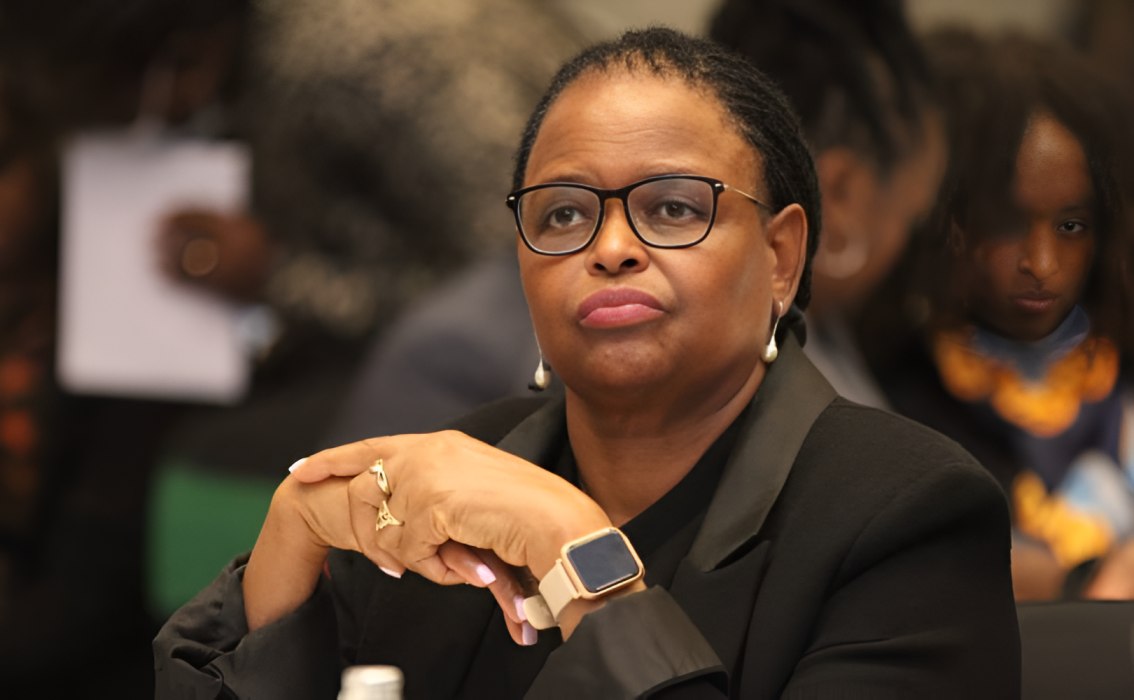Chief Justice Martha Koome has raised concern over the growing wave of cyberbullying targeting judges and judicial officers, warning that the trend poses a serious threat to judicial independence and public confidence in the justice system.
Speaking on Monday during the opening of a five-day judges’ colloquium in Mombasa, Koome said that while social media has become a critical space for dialogue and the exchange of information, it is increasingly being misused to malign and discredit judicial officers.
“This sustained social media onslaught is not merely a passing wave of criticism; it is a calculated attempt to weaken the moral authority of the Judiciary and to intimidate judges into silence or bending the law to the whims of nefarious interests,” said Justice Koome.
She explained that critics have turned social media into a channel for spreading unfounded accusations, half-truths and defamatory claims meant to delegitimise judicial decisions.
“These attacks are not just directed at individual judges, but they are calculated to erode public confidence in the entire justice system,” she said.
The CJ warned that if left unchecked, online intimidation could have a chilling effect on judicial officers, pushing them to rule based on political pressure or private interests instead of the Constitution and the law.
She emphasised that judicial independence means not only freedom from outside interference but also the ability to make rulings without fear of physical, political, or digital retaliation.
“Protecting that space of fearless adjudication is essential if the Judiciary is to continue playing its constitutional role as the last line of defence for justice, rights, and the rule of law,” Koome said.
She revealed that her office has received concerns from the United Nations High Commissioner for Human Rights over the rising cyberattacks targeting the Judiciary.
The UN is considering sending the Special Rapporteur on the Independence of Judges and Lawyers to Kenya for a fact-finding mission.
“We are hopeful this mission will materialise, for such external engagement by a global expert will not only help us take stock of the situation at home but also provide authoritative guidance on strengthening our resilience,” Koome said.
The colloquium, themed “Digital Transformation, Technology and the Law”, has brought together judges from the Supreme Court, Court of Appeal, High Court, Employment and Labour Relations Court, and the Environment and Land Court.
Koome noted that emerging technologies, including fintech and data privacy, continue to spark disputes that require principled and well-informed adjudication.
She added that judges must acquire the skills to address such matters while embracing digital tools to improve efficiency, transparency, and access to justice.
